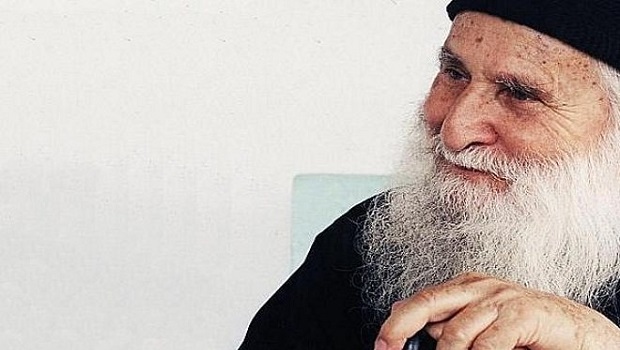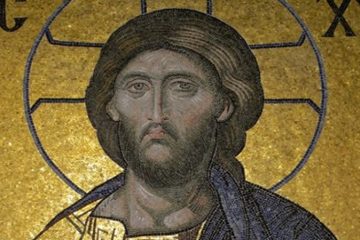Saint Peter the Damascan
We shouldn’t despair when we’re not as we ought to be. Of course, it’s bad if you sin. But why do you slight God and, in your ignorance, consider Him powerless?
Is He Who made this wonderful world for you perhaps unable to save your soul? And if you say: ‘That just makes it all the worse, as does His forbearance’, repent and He’ll accept your repentance as He did that of the prodigal (Luke 15, 20) and of the harlot (Luke 7, 47-48).
If you can’t even do that and, from habit, continue to sin by doing what you don’t really want to, then have the humility of the publican (Luke 18, 13) and that’ll be enough for your salvation. Because, if you sin, without repenting, but don’t despair, then, of necessity you’re placing yourself at the very bottom of creation and you daren’t criticize or blame anybody else.
People such as that wonder at God’s loving-kindness and feel gratitude towards their Benefactor and they may have many other good things about them. Even though they’re subject to the devil as regards sin, still, out of fear of God, they dismiss the enemy, who is urging them to despair. So in this way, they’re somehow on the side of God, provided they’re grateful, thankful, patient, fearful of God and they don’t judge others, so that they won’t be judged (Matth. 7, 1), all of which are very necessary.
As Saint John Chrysostom says about Gehenna, it’s almost more beneficial to us than the Kingdom of Heaven, since, because of it lots of people enter the Kingdom, but very few enter because of the Kingdom, and then only with God’s loving-kindness. The first because they’re repelled by it and fear it and the second because they’ve been embraced by it. So we can be saved by either, by the Grace of Christ.
Just as those who are set about with many passions, spiritual and bodily, are crowned provided they remain patient and don’t surrender their free-will to indifference, nor do they despair, so those who’ve achieved release and relief from the passions, soon fall unless they keep confessing their blessings by not judging others.
Saint Maximos says that, should they dare to do so, it’s as if they’re saying that they achieved the riches of freedom from the passions through their own efforts. Saint John the Damascan declares that anyone who’s still subject to the passions and has no experience of the light of knowledge is in great danger if they set themselves up as spiritual guides for others. He goes on to say that those who have received release from the passions from God, as well as spiritual knowledge, court the same danger unless they use these for the benefit of other souls.
Nothing’s better for those who are sick than a retreat into peace and quiet. And there’s nothing better than obedience for those who are subject to the passions and who lack knowledge. There’s nothing better than acceptance of your weakness and ignorance and there’s nothing worse than being unaware of them. There’s no passion more hateful than pride, nor more absurd than avarice, which is the root of all evils (I Tim. 6, 10). It’s absurd because people who have labored hard to acquire money made from metal extracted from the earth should then, unproductively, hide it back in the earth.
This is why the Lord says: ‘Do not lay up treasures on earth’ and so on. And ‘Where your treasure is, there, too, is your heart’ (Matth. 6, 19 and 21). Where people’s minds dwell is what they’re drawn to with desire, out of habit. This may be earthly things, or the passions or eternal, heavenly things.
Habit, when it’s indulged, becomes a force of nature, says Saint Basil the Great. If people are ill, they ought to pay greater attention to the witness of their conscience, in order to free their soul from any condemnation, in case they reach the end of their life, repent to no effect and lament eternally. Those who are unable to suffer death in the body for Christ, as He did for us, should at least willingly undergo death in the mind.
And you’ll be a martyr of conscience if you don’t submit to the demons and the desires that war against you but defeat them, as did the holy martyrs and the blessed fathers. The former died in the body, while the latter died in the mind. If you exert yourself a little, you defeat the enemy; if you’re a little negligent and are killed, you’re lost.
Source: pemptousia.com




0 Comments